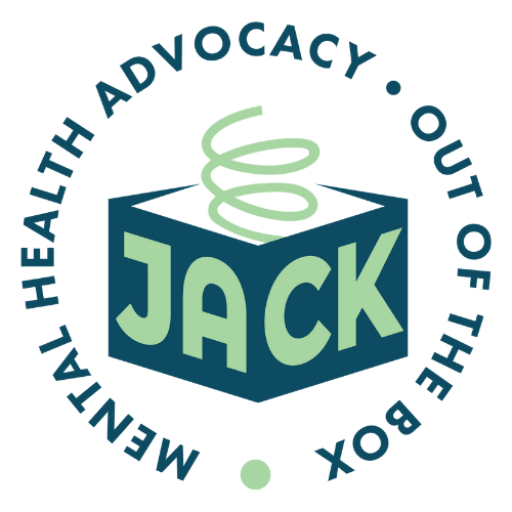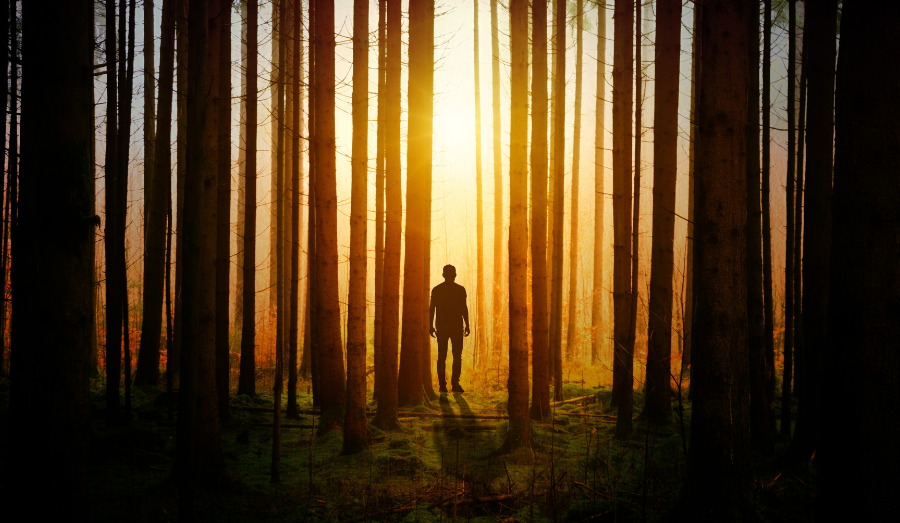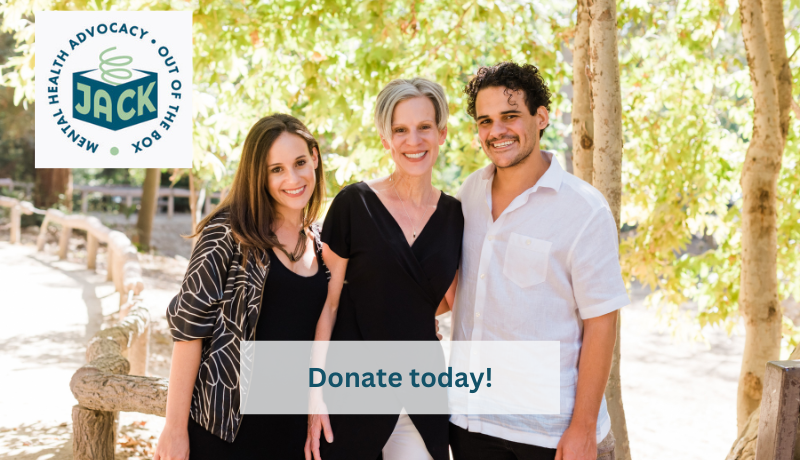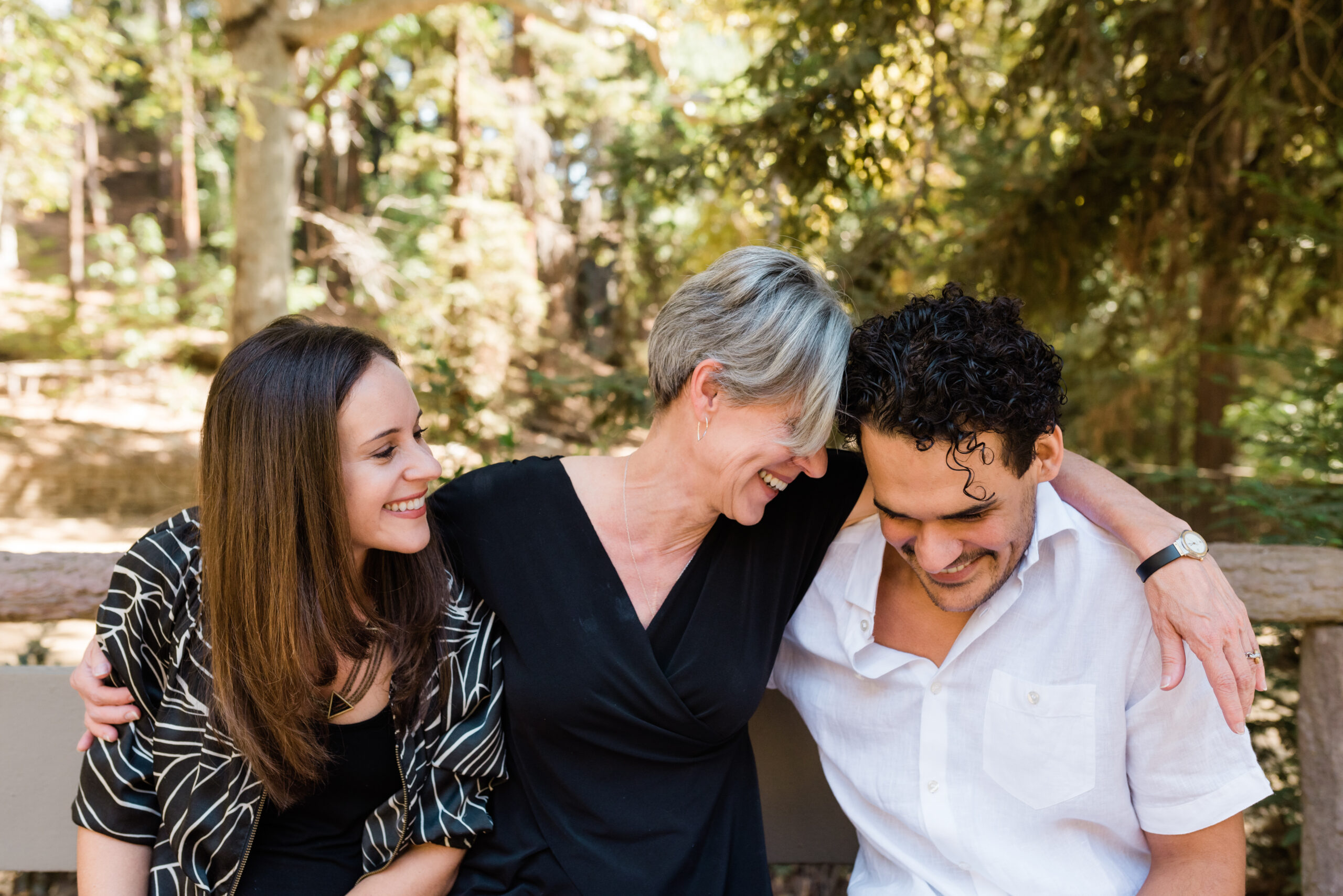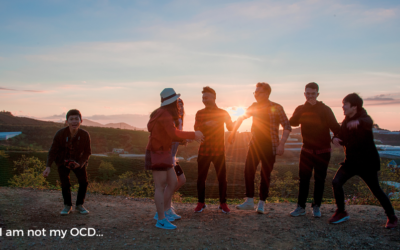Light at the end of a dark path – Now, I understand what Harm OCD is, and I know several coping strategies.
OCD, also known as Obsessive Compulsive Disorder, might be perceived by others as the urge to keep everything in shape and organized. But no, it is NOT that! The social stigma created around OCD is devastating, which is one of the many reasons it feels terrible to be an OCD patient. Medications, depression, panic attacks, stress, sleepless nights, and overthinking are just only a few of the significant consequences of fighting any mental health disorder.
For me, it began at the start of 2016. I was a confused 14-year-old, not knowing what was happening to him. Why is this happening to me? Why am I getting disgusting thoughts for my sister and friends? Is this a phase of puberty? Questions were flying across my head, and I had no idea what impending events would occur.
The Deceptive Monster
Numerous obsessions and compulsions created severe anxiety in me. I wasn’t able to focus on daily routine activities. Obsessions revolved around people I hold close to in my heart, creating further distress. For example, I doubted whether I texted a person inappropriately or touched any random person inappropriately in a crowded place. The obsessions are filled with intrusive thoughts, including violent and sexual thoughts for close friends and family members. These violent thoughts evoked me, too, such as harming myself.
I remember I used to slap myself and punch my knuckles as hard as possible until they got red. An example of violent thoughts for others included punching someone I love. Students and teachers saw the compulsion to harm in me. The class would stare and laugh at me because I used to do this when the teacher was talking. I felt that if I did not perform the compulsion immediately, something terrible would happen to a loved one.
Overwhelming Compulsions
The compulsions are overwhelming, as they take up so much time. I often seek reassurance from friends and family or self-check messages. Frequently, I review every interaction with people in my head to check whether I blurted out something unprofessional. Sometimes, I perform mental rituals in my mind. I have associated numbers with positive and negative memories, and when I say ‘Sorry’ or ‘Nothing has happened’ in my head, I say it only the number of times associated with the positive memory.
If I stop at a number that is associated with a negative memory, something terrible will happen to a loved one, or my relationship with them will end. Although sometimes I get the confidence to go out to crowded places, I’m usually scared and avoid crowded places because I feel I will do something inappropriate. I have recently also started to avoid my phone because I think I will text something unacceptable to a close friend or a family member.
These obsessions and compulsions create a lot of self-doubt, asking myself whether I am a terrible person, friend, brother, or son. I feel like I’m boring to be with and that I’m bothering my friends and family, even though I know it isn’t the case. However, the most brutal fact is that I cannot differentiate between what thoughts are true and false. In other words, what thoughts am I thinking and what thoughts are OCD making me think. This is because the thoughts that arise feel so real and true that it is hard to judge what is true and what is not.
Scared and hiding…
I was scared. I was hiding behind a thick wall from my friends at lunch time, who were screaming out my name mockingly. High school in Taipei was tough, I was lonely, I was frightened, I was demented. I wanted to talk with people, but at the same time, I couldn’t, as I thought they would start making fun of me again and bullying me again. Students and even some teachers used to stare at me when I was doing something called a “compulsion.”
I still remember the words whispering into my ears, “He’s weird.” Students and teachers mumbled those two words across school and it ruined my self-confidence. I spent a whole year sitting alone for lunch in a secluded area, being excluded from social plans with friends, being asked repeatedly by other students’ parents what was happening to me, having friends running away from me, and seniors laughing and pointing at me when I performed compulsions.
Hiding all the pain that accumulated at school when reaching home was the most challenging part at the time, as I did not want to worry my parents.
However, after two excruciating years, I sat in the dining area, staring at the flower vase, deep in my thoughts, and one tear rolled down my cheek. It was just a matter of time before I broke down, frustrated and breathing heavily, when I told a few details of what intrusive thoughts I had about my parents. I went to Mumbai and was diagnosed with Harm OCD by a psychiatrist. It affected my life very negatively. Harm OCD refers to violent thoughts evoked for oneself and others, and often, the most essential people the individual holds become the prevalent focus of their OCD.
The World Health Organization (WHO) has ranked OCD in the top ten of the most disabling illnesses of any kind, and 3% of the global population suffers from OCD. I cannot name the psychiatrist, but meeting the first of the many psychiatrists in Mumbai was a horrible experience. A 10-minute session just for him to diagnose me with OCD was not enough for me to believe and understand what I was going through. He told me my symptoms related to Harm OCD and that I needed to take medicine to manage it. He didn’t tell me what I could do to cope with OCD, or when to come for the next appointment. It felt forced from his side, but I could not do anything else but listen to him and start the medications he prescribed.
Exposure Response Therapy
Luckily, after meeting around 15 psychiatrists, neurologists, and therapists, I am currently doing Exposure and Response Prevention therapy (ERP) conducted by a psychotherapist based in Taipei. The therapist makes me expose myself to situations that create the most anxiety in me. For instance, once, I had to text my sister something stupid and not do anything about it afterwards. I got so anxious I started having breathing difficulties. Still, this therapy’s main goal is for me to stay in the anxiety and understand that nothing bad will happen even if I don’t perform any compulsions. This is because breaking the cycle of obsessions and compulsions is key in not letting OCD win.
Feeling motivated…
I feel very motivated to beat my Harm OCD because I have a great support system of family and friends standing behind me like a rock. I am working on therapy and self-improvement using meditation techniques. I’m in a good place currently in my mental health journey. I have made peace with the fact that these thoughts may come and go in different forms and may be a lifelong battle. I do see a significant improvement.
At 14, I didn’t know what was happening to me and how I needed to deal with all the intrusive thoughts as I was trying to avoid them, but now I understand what Harm OCD is and I know several coping strategies that I use when I’m going through a rough patch. If I could go back and talk to my teenage self, I would motivate him by telling him how strong he is. He may not have a good group of friends now, but he will have a wonderful group of friends that will support him. Be patient, because good things take time.
For everyone out there, remember that if we beat OCD, anxiety, and depression, we can fight anything! It only makes us stronger, never weaker. So, it’s crucial to reach out and seek the help of an OCD specialist counsellor if you or a loved one are experiencing these kinds of intrusive thoughts. The development of coping mechanisms to deal with intrusive thoughts and compulsive behaviours and reclaim one’s life and well-being can be facilitated by working with an experienced OCD therapist.
